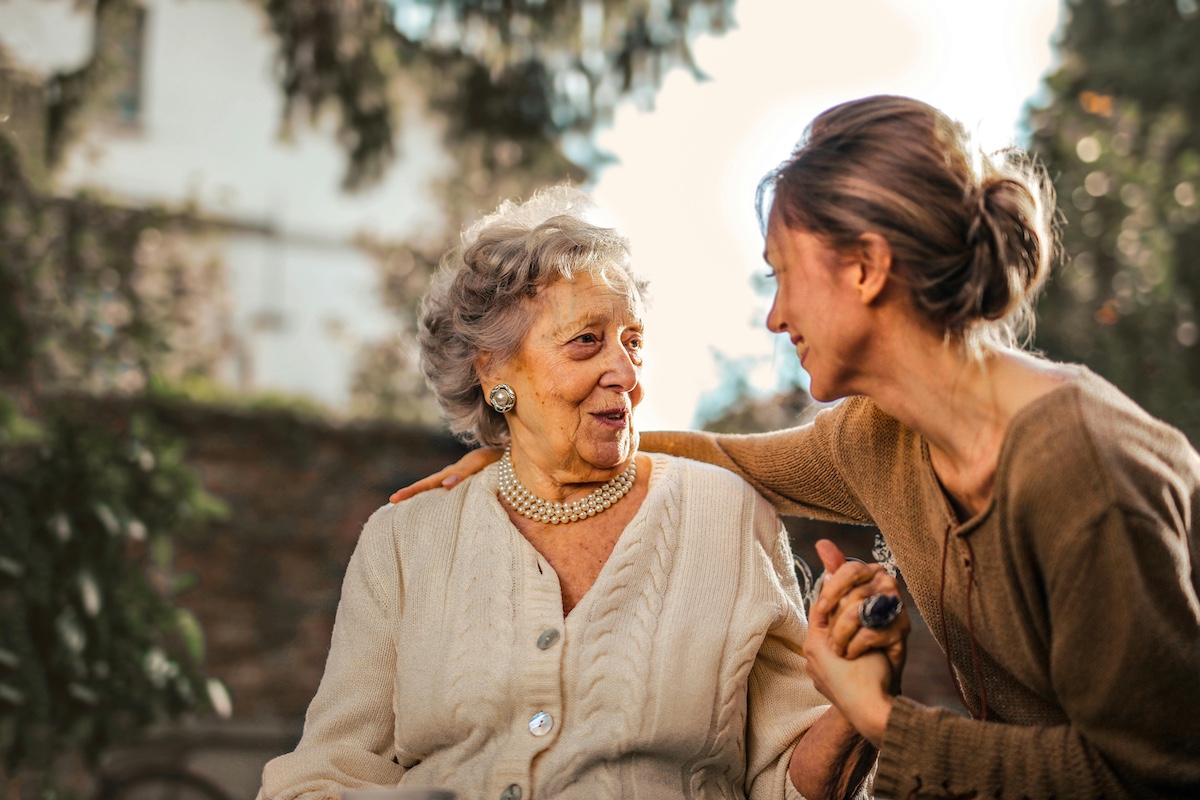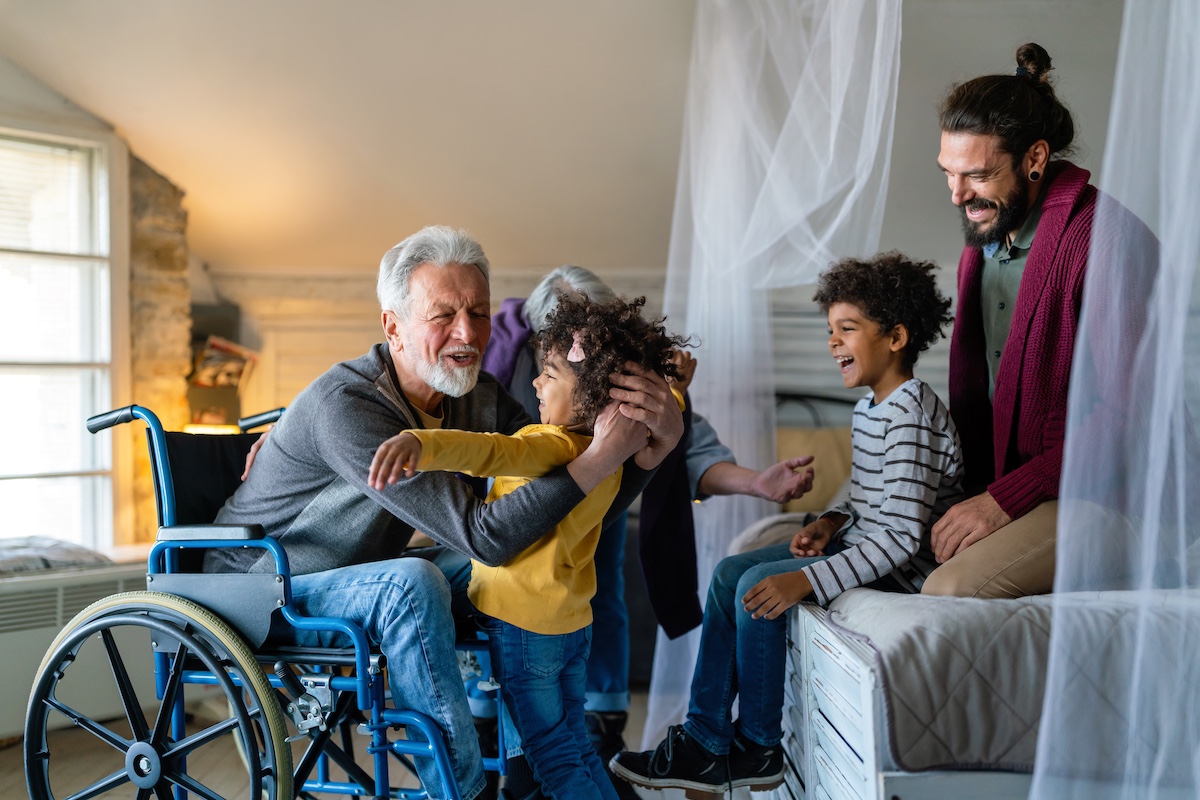With summer comes many outdoor activities and opportunities for fun. It also means the rising of body temperatures, which causes the heart to pump blood faster to keep a person cool. For people with heart disease, it’s more important during summer than any other season to take extra care of their heart health.
As temperatures continue to rise throughout the summer, keep an eye out for these signs. They may not be obvious, but if you notice them it means that it’s time to wind down, take a break and cool off.
Hydration
The high temperatures of the season naturally make it easier to become dehydrated. For people who are living with heart disease and are over the age of 50, becoming dehydrated will put unnecessary strain on the heart. It’s important to take extra precautionary steps to hydrate the body.
Carry a water bottle and frequently take drinks. Better yet, calculate how much water will be needed for the day. Gatorade and healthy juices are also good choices. Additionally, watch out for alcoholic beverages. These can lead to dehydration when too much is consumed.
Certain foods can significantly help the body’s daily fluid needs as well. Many of them just so happen to be summertime favorites. Foods such as watermelon, cold soup and salads that have fruits in them can help to provide extra hydration.
Maintaining Body Temperature
For people taking heart disease medications, it is important to be careful with how much exercise and time is spent outdoors. Certain medications can magnify the body’s response to heat exposure, making it difficult for the body to cope with the high temperatures.
What to Wear
When getting ready for any type of outdoor physical activity, it’s important to dress accordingly as an added precaution. Try stocking the closet with lightweight and light colored clothing made from cotton, which will keep the body cooler.
Buying ventilated sneakers and socks will soak up perspiration and keep feet from getting clammy. It’s also always a good idea to keep sunscreen and a hat around to protect your head and exposed skin.
Heatstroke, Heat Exhaustion, & Heart Disease
Anyone can experience a heatstroke or heat exhaustion. However, those living with heart disease are much more likely to experience them. This is because their heart can’t work as hard to keep the body cool.
Heatstroke may occur as an isolated incident in high temperatures, but heat exhaustion is a result of many days in the heat and can go unnoticed for a period of time.
In the event that exhaustion strikes, it is recommended to remove any heavy clothing and drink fluids. If possible, one should take a cool bath or shower, or sit next to a fan while applying a cold towel or ice pack to their forehead.
If a person is experiencing a heat stroke, remove them from the heat and lay them down on their back with their legs and feet slightly elevated. As with heat exhaustion, remove any heavy clothing and have the individual drink fluids.




